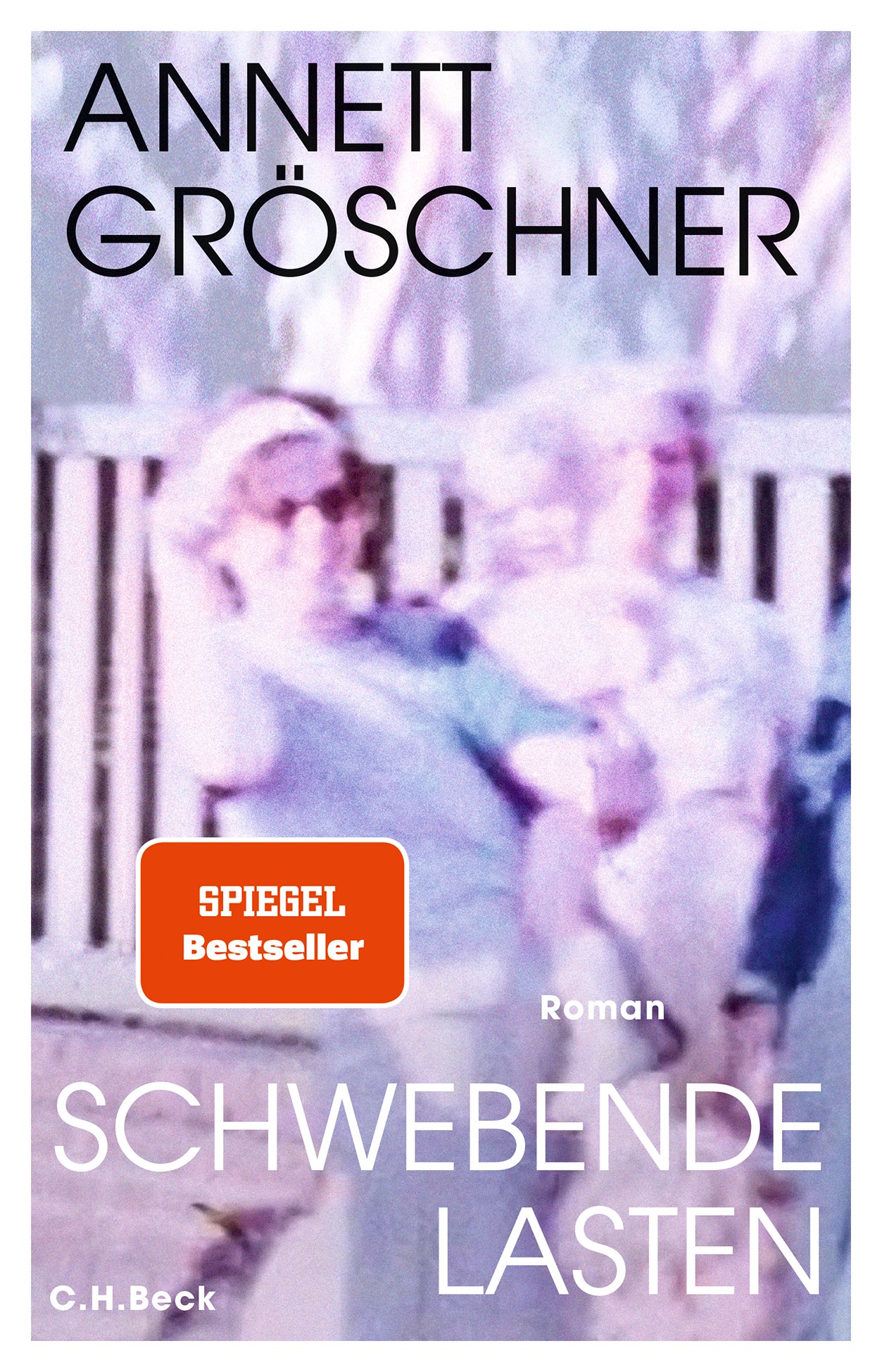"In perfect balance between laconic and heartbreaking, this book tells the story of a life in that dreadful 20th century – wars and despair, love and self-sacrifice, delicate flowers and superhuman strength." —Elke Heidenreich
"Rich in experience and hungry for dreams. There is no better way to tell a human life. With this book, Annett Gröschner not only builds a monument to her heroine Hanna, but to all the invisible women who, from the depths of the 20th century, fought their way back to life—day after day." —Julia Schoch
‘In her new novel, Annett Gröschner tells an alternative history of the GDR from a female perspective. Without ideology, without Stasi fetishism, but with sympathy for her hometown of Magdeburg.’ - SPIEGEL, Sabine Rennefanz
"Doing what needs to be done is the attitude to life that feminist Annett Gröschner celebrates in her novel from a woman's perspective.’ - Tagesspiegel, Gunda Bartels
‘A visually stunning story’- tip Berlin, Thomas Hummitzsch
Annett Gröschner tells nothing less than an entire life in the story of the florist and crane operator Hanna Krause – with a force and poetry that can only arise where literature is saturated with reality.
Hanna Krause was a florist before life turned her into a crane operator. She lived through two revolutions, two dictatorships, an uprising, two world wars and two defeats, two democracies, the Kaiser and other leaders, good times and bad. She gave birth to six children and was unable to bury two of them, a sorrow that stayed with her until the end of her days. Later, long after her flower shop had become a thing of the past, she had a clear view of human relationships from her crane in the hall of a heavy machinery plant in Magdeburg—watching the people ten meters below her. And she died just in time, before the world no longer made sense to her.
Hanna Krause remained, until her death, someone who took life as it came. Her only credo: stay decent.
Annett Gröschner’s novel tells the story of a century through a single life and, through Hanna, gives a face to those who all too often remain unseen.
A novel about the end of the industrial age and its heroines in East Germany – and about an ordinary woman in that unfathomable 20th century.
